The Software Developer’s Roadmap 2025: Key Skills and Technologies You Must Master
As we step boldly into 2025, the world of software development is moving faster than ever before. From the surge of AI-powered tools to the transformation of cloud-native development, the pace of innovation is relentless. For developers, the days of simply knowing a programming language or two are long gone. Staying relevant now demands a proactive, future-focused mindset—one that embraces continual learning, adaptability, and the mastery of cutting-edge technologies.
Why 2025 Is a Pivotal Year for Software Developers
The global tech industry is undergoing a significant shift. Companies are not just digitising their operations—they are reinventing themselves through intelligent automation, data-driven decision-making, and decentralised technologies. In this rapidly evolving environment, the role of the software developer has expanded from code writer to strategic innovator.
A 2024 report by Gartner revealed that 75% of organisations are prioritising platform engineering and AI augmentation as core competencies in development teams source. With similar insights echoed in the Stack Overflow Developer Survey 2024, it’s clear that developers must prepare for a future defined by new paradigms—multi-cloud systems, serverless functions, large language models, and hyper-personalised user experiences.
What This Article Offers: Your Roadmap to Mastery
The Software Developer’s Roadmap 2025: Key Skills and Technologies You Must Master is not just a trendwatching article—it’s your practical guide to thrive in this new era. Whether you’re an experienced full-stack engineer or a newly minted backend dev, this roadmap will help you focus on the top tech skills and developer trends 2025 that matter most.
Expect insights into:
-
Which programming languages and frameworks will dominate hiring pipelines.
-
The AI tools transforming development workflows.
-
How cloud computing and DevSecOps will shape the future of deployment.
-
The essential soft skills that differentiate top-tier engineers from the rest.
Throughout this roadmap, we’ll explore real-world examples, emerging methodologies, and actionable insights designed to empower your career or your engineering team.
Why a Strategic Roadmap Is Critical Today
With the growing complexity of digital ecosystems, knowing where to invest your learning time is as important as the learning itself. Many developers fall into the trap of chasing every new buzzword. But to build a meaningful and future-ready skill set, you need a curated strategy—one informed by market data, global demand, and long-term growth opportunities.
This is where a strategic, insight-led approach becomes essential. At EmporionSoft, we’ve worked with clients across industries and continents, helping them build robust digital products using the latest in cloud, AI, and automation. These experiences have shaped our understanding of what truly sets successful developers apart in 2025.
For deeper industry analysis and emerging technology coverage, visit our Our Insights page, where we publish forward-looking perspectives for tech professionals.
Mastering the Right Languages: What Developers Should Learn in 2025
As the digital landscape continues to evolve, choosing the right programming languages and frameworks is more than a technical decision—it’s a career-defining one. In 2025, developers are expected to be agile, multi-lingual, and adaptable, building across platforms and scaling with confidence. Understanding which languages and tools are in high demand ensures you’re not just coding for today, but building a resilient skillset for the future.
Future-Proof Your Stack with These Programming Languages
The software world thrives on innovation, but some languages and frameworks have established themselves as mainstays of modern development. Here are the languages for developers in 2025 that are shaping real-world applications across industries:
🔹 JavaScript
The backbone of web development, JavaScript remains indispensable in 2025. From dynamic user interfaces to full-stack applications, its versatility continues to power everything from startups to enterprise apps.
-
Why it matters: Universal across browsers, supported by endless libraries and frameworks.
-
Pair it with: React, Node.js, or Vue for robust front-end and server-side development.
🔹 TypeScript
As a superset of JavaScript, TypeScript introduces static typing and enhances code maintainability—critical for large-scale projects.
-
Why it matters: Makes code more predictable, reducing bugs in production.
-
Where it shines: Large React/Angular projects, API-heavy applications, enterprise systems.
🔹 Python
A go-to language for AI, data science, and automation, Python remains highly sought-after thanks to its simplicity and powerful libraries like TensorFlow, Pandas, and Flask.
-
Why it matters: Ideal for rapid development, scripting, and machine learning applications.
-
Used by: Google, Netflix, NASA.
🔹 Go (Golang)
Designed by Google, Go is a performance-oriented language favoured for scalable back-end systems and microservices.
-
Why it matters: Lightning-fast compilation and built-in concurrency make it perfect for distributed systems.
-
Trending in: Cloud computing, Kubernetes ecosystems, and container orchestration.
Frameworks Every Developer Should Know in 2025
The right framework not only accelerates development—it also enforces structure, scalability, and best practices. Here are the standout choices for 2025:
🔹 React
React continues to dominate front-end development with its component-based architecture, virtual DOM, and vast ecosystem.
-
Best for: Responsive web interfaces, PWAs, cross-platform apps (via React Native).
-
Trusted by: Facebook, Instagram, and countless startups.
🔹 Node.js
This JavaScript runtime has revolutionised back-end development by enabling JavaScript to run on the server side.
-
Strengths: Asynchronous I/O, scalability, fast execution.
-
Use cases: RESTful APIs, real-time apps (e.g., chats, games).
🔹 Next.js
Built on React, Next.js simplifies server-side rendering and static site generation.
-
Why it’s trending: SEO optimisation, hybrid rendering, built-in routing.
-
Ideal for: Scalable, performant web apps and JAMstack architecture.
According to the latest JetBrains Developer Ecosystem Survey 2024, JavaScript and Python continue to top global usage charts, while TypeScript and Go are showing year-over-year growth in both enterprise adoption and job demand. This reflects the real-world necessity for developers to combine front-end flexibility with back-end strength and AI capabilities.
At EmporionSoft, we help businesses build solutions using modern tech stacks tailored to their goals—be it real-time systems in Node.js or scalable AI tools built with Python. See how we’ve delivered value across industries in our Case Studies.
Agile, DevOps & Beyond: Adopting the Right Mindset for 2025
In the fast-paced digital age, where market demands evolve overnight and technology cycles compress rapidly, how developers think and work is just as critical as what they code. As part of The Software Developer’s Roadmap 2025: Key Skills and Technologies You Must Master, understanding and applying the right methodologies and mindsets will separate elite developers and teams from those left behind.
Gone are the days of rigid development cycles and siloed teams. In 2025, success hinges on adaptability, collaboration, and speed—all rooted in modern development workflows and a growth-oriented mindset.
Collaboration, Speed, and Quality as Pillars of Success
A thriving development environment in 2025 requires a combination of technical practices and cultural philosophies. Let’s explore the most vital methodologies and the thinking that powers them.
🔹 Agile Development Mindset
Agile is more than a process—it’s a philosophy that prioritises incremental delivery, customer collaboration, and responding to change over rigid planning.
-
Encourages frequent feedback loops and iterative improvement.
-
Empowers developers to take ownership and make real-time decisions.
-
Supports fast delivery of working software aligned to user needs.
Companies that have adopted an agile development mindset have consistently outperformed competitors in both delivery speed and product quality. Agile remains a foundational pillar for development teams worldwide.
📌 Learn more about how we implement adaptive approaches in our Adaptive Software Development blog.
🔹 DevOps and CI/CD Pipelines
DevOps is the practice of unifying software development and operations to shorten the system development life cycle and provide continuous delivery with high software quality.
-
Automates build, test, and deployment workflows.
-
Reduces time-to-market through faster iteration cycles.
-
Promotes collaboration across developers, QA, and IT.
Incorporating CI/CD (Continuous Integration/Continuous Deployment) pipelines ensures rapid feedback, fewer bugs, and more confident deployments. According to the DORA State of DevOps Report, elite performers using CI/CD pipelines deploy code 208 times more frequently than low performers.
🔹 Adaptive Software Development (ASD)
ASD takes Agile further by accepting that requirements evolve even during development. It promotes speculative planning, collaborative learning, and emergent outcomes.
-
Excellent for uncertain, complex problem spaces.
-
Focuses on learning and adaptability.
-
Aligns well with R&D and AI-driven product development.
ASD is particularly relevant for emerging tech initiatives where the destination is less defined. At EmporionSoft, we’ve successfully used ASD frameworks in AI, blockchain, and real-time systems projects.
🔹 Mindset Shift: Continuous Learning and Cross-Functional Teams
Beyond frameworks and tools, the mindset of developers is undergoing a necessary evolution:
-
Continuous Learning: Keeping up with new languages, paradigms, and tools is non-negotiable in 2025.
-
Cross-Functional Collaboration: Developers now regularly work alongside data scientists, UX designers, product owners, and cloud architects.
-
Embracing Change: Teams must welcome ambiguity and iterate confidently with incomplete information.
These cultural shifts contribute to a robust DevOps culture, where communication and shared responsibility are the norm.
Putting It All Together
Incorporating these methodologies and mental models isn’t just about building better code—it’s about building better teams, better products, and faster cycles of innovation. That’s the core of The Software Developer’s Roadmap 2025: Key Skills and Technologies You Must Master.
With the right combination of adaptive methodologies and forward-thinking mindset, developers can not only meet the challenges of 2025 but thrive in an environment defined by complexity, scale, and speed.
Tools of the Trade: Mastering the 2025 Developer Stack
In an era where efficiency, speed, and collaboration define software success, having the right tools isn’t optional—it’s mission-critical. As development workflows evolve, so too must the tools in your arsenal. Whether you’re debugging a complex backend system or deploying a static site globally, the platforms you choose can dramatically impact your productivity and code quality.
As outlined in The Software Developer’s Roadmap 2025: Key Skills and Technologies You Must Master, understanding and integrating the most powerful developer productivity tools is foundational to staying relevant and competitive in the tech ecosystem.
From VS Code to Docker — Tools You Can’t Ignore
Here’s a curated toolkit of top dev tools 2025 that no modern developer should overlook.
💻 Visual Studio Code (VS Code)
Still reigning supreme as the most popular code editor, VS Code combines flexibility with power.
-
Why use it: Lightweight yet extensible, with support for every major language.
-
Bonus: Git integration, intelligent code completion, and a massive extension marketplace.
🔗 Smashing Magazine’s review of VS Code extensions
🧠 GitHub Copilot
AI pair programming is no longer futuristic. Copilot auto-suggests lines, entire functions, and even boilerplate code.
-
Why use it: Increases speed, reduces repetitive coding, and aids junior developers.
-
Powered by: OpenAI’s Codex engine.
📊 Cursor AI
A rising star in developer tooling, Cursor AI blends AI-powered autocomplete with deep IDE integration, contextual understanding, and real-time assistance.
-
Why use it: Tailored for React, TypeScript, and Python developers working on production-grade apps.
-
Read more: Boost Developer Productivity with Cursor AI
🐳 Docker
Docker continues to be a cornerstone of modern DevOps practices.
-
Why use it: Simplifies local dev environments and enables reliable deployments.
-
Use case: Containerising applications for consistency across development and production.
🔁 Postman
Postman remains essential for testing APIs and managing requests in multi-service applications.
-
Why use it: Effortlessly simulate, test, and document RESTful APIs.
-
Who uses it: Backend teams, QA testers, and integration engineers alike.
☁️ AWS & Vercel
In the world of CI/CD platforms for developers, these two platforms lead the charge.
-
AWS: The backbone of enterprise-scale apps. Offers everything from EC2 to Lambda for scalable infrastructure.
-
Vercel: Designed for the JAMstack generation—ideal for deploying static and dynamic sites built with frameworks like Next.js.
🔗 StackShare comparison of AWS vs Vercel
Platform Integration = Power Multiplied
In 2025, tools no longer operate in silos. The most successful developers use integrated toolchains that support version control, automated testing, CI/CD, and observability. At EmporionSoft, we build these ecosystems for clients across fintech, healthtech, and retail—ensuring seamless collaboration and continuous delivery.
When selecting your tools, prioritise:
-
Cross-team compatibility
-
Automation readiness
-
Cloud-native integration
-
Community support and documentation
The right toolkit amplifies your output and minimises friction. In The Software Developer’s Roadmap 2025: Key Skills and Technologies You Must Master, mastering these platforms is a strategic advantage—not just a convenience. Whether deploying at scale or writing your first API, these tools are your trusted companions in building the future.
Embracing AI and Machine Learning: No Longer Optional in 2025
Artificial Intelligence is no longer a futuristic concept reserved for sci-fi or Silicon Valley giants—it’s a core part of daily development work. In 2025, the integration of AI, machine learning (ML), and intelligent automation into the development lifecycle is transforming how code is written, tested, deployed, and maintained.
As part of The Software Developer’s Roadmap 2025: Key Skills and Technologies You Must Master, developers must embrace AI not just as a tool—but as a mindset shift. Whether you’re working on enterprise applications or innovative startups, understanding and using AI is now essential for staying competitive.
AI-Driven Development and Intelligent Automation
Modern development is as much about machine collaboration as it is about human creativity. AI empowers developers to write better code faster, automate redundant tasks, and gain insights that were previously out of reach.
🤖 GitHub Copilot – Your AI Pair Programmer
GitHub Copilot, powered by OpenAI’s Codex model, assists developers by suggesting real-time code snippets, entire functions, and even documentation.
-
Boosts productivity by automating boilerplate and repetitive code.
-
Enhances learning for junior developers by offering real-time examples.
-
Accelerates prototyping for startups and cross-functional teams.
🔗 Explore GitHub Copilot in the OpenAI documentation
🧠 TensorFlow and ML Frameworks – Building Smart Apps
TensorFlow remains one of the most popular frameworks for building machine learning models, especially in Python-heavy ecosystems.
-
Used for: Image recognition, natural language processing, recommendation engines.
-
Other tools to explore: PyTorch, Keras, Hugging Face.
Machine learning in software development is no longer a niche. Apps are now expected to personalise experiences, detect patterns, and even automate decision-making processes.
⚙️ OpenAI APIs and Automation Tools
OpenAI APIs enable everything from AI chatbots to content generation and intelligent code review. Their ease of integration with Node.js, Python, and serverless platforms makes them ideal for 2025-ready applications.
-
Use cases: Intelligent search, voice assistants, real-time analytics.
-
Benefits: Reduces time spent on manual data processing and rule-based logic.
The Rise of Automated Coding Tools
With the emergence of automated coding tools, developers can now focus on architecture and innovation rather than syntax and formatting. These tools assist in:
-
Code suggestions and auto-completion
-
Bug detection and resolution
-
Automated test generation
At EmporionSoft, we’ve seen first-hand how businesses enhance efficiency and lower technical debt by leveraging AI and automation across their software development lifecycle. Our insights on this transformation are covered in depth in our feature: How AI is Revolutionizing Software Development.
Why AI Skills Are Now a Necessity
Here’s why AI for developers is a core requirement in today’s roadmap:
-
Companies demand intelligent apps with real-time insights and personalisation.
-
AI literacy enables faster decision-making and fewer production issues.
-
Automation frees up time to focus on innovation and architecture.
Whether integrating ML into your product or using Copilot to accelerate sprints, AI-driven workflows define the next generation of developer excellence.
The Software Developer’s Roadmap 2025: Key Skills and Technologies You Must Master would be incomplete without a strong grasp of AI, ML, and automation. These aren’t “nice-to-haves”—they are the cornerstones of the modern development stack, and the gateway to building intelligent, scalable, and impactful software in 2025 and beyond.
Building for Scale: Cloud Skills, DevSecOps, and Distributed Architecture
As digital services expand globally and user expectations climb, software systems must now be built with scale, speed, and security at their core. Static monoliths and localised deployments are no longer enough. Instead, developers must become proficient in cloud computing skills, DevSecOps practices, and distributed software systems to meet the performance and security demands of 2025.
These domains form a critical part of The Software Developer’s Roadmap 2025: Key Skills and Technologies You Must Master, equipping professionals to architect solutions that are not only robust and responsive but also future-proofed for global growth.
Security, Speed, and Scalability in 2025
The ability to build and manage scalable systems securely is now a baseline requirement, not an advanced competency. As application complexity grows, developers must work within interconnected systems that are distributed across geographies, devices, and teams.
☁️ Cloud Platforms: AWS, Azure, and GCP
Cloud computing is the backbone of scalable software architecture in 2025. From small apps to enterprise-scale platforms, developers must know how to deploy and manage applications in the cloud.
-
Amazon Web Services (AWS): Offers a comprehensive ecosystem for compute, storage, networking, and serverless services.
-
Microsoft Azure: Integrated with Microsoft tools and services, making it ideal for hybrid cloud strategies.
-
Google Cloud Platform (GCP): Strong in AI, data analytics, and Kubernetes-based workloads.
Each platform offers certifications that are highly sought after by employers. Understanding multi-cloud architecture and deployment pipelines is essential.
🔗 Explore the latest from AWS Architecture Blog
📌 For a full breakdown, visit our Cloud Providers Comparison 2025 guide.
🔐 DevSecOps in 2025: Shift Left, Secure Early
DevSecOps is the evolution of DevOps—integrating security practices throughout the development lifecycle instead of treating them as a post-deployment concern.
Key principles include:
-
Infrastructure as Code (IaC): Automatically enforce security policies during infrastructure provisioning.
-
Automated Vulnerability Scanning: Continuous testing during builds and deployments.
-
Zero Trust Architecture: Every request, user, and device is authenticated, authorised, and encrypted.
By adopting a “security by design” philosophy, developers reduce risk and compliance overhead while increasing delivery speed.
🔁 Containerisation and Microservices
In 2025, traditional server-based models are rapidly giving way to containerised applications and microservices architectures, which promote modular, scalable, and independently deployable services.
-
Docker & Kubernetes: Standard tools for packaging and orchestrating microservices at scale.
-
Benefits: Easier testing, rapid deployment, improved scalability, and more resilient infrastructure.
These technologies form the foundation of distributed software systems where multiple services interact seamlessly across cloud regions or even edge devices.
🌐 Edge Computing and Global Distribution
Edge computing is growing in importance as more applications demand real-time responsiveness. By processing data closer to the user (at the edge), developers reduce latency and improve performance for IoT, gaming, and mobile platforms.
-
Use cases: Video streaming, autonomous vehicles, AR/VR, smart factories.
-
Challenges: Synchronisation, data privacy, and decentralised coordination.
At EmporionSoft, our experience delivering distributed systems across industries—from retail to logistics—has shown us the transformative power of a well-architected cloud strategy. It’s why we equip our teams with cloud-native skills and DevSecOps pipelines to ensure client projects scale securely and sustainably.
In The Software Developer’s Roadmap 2025: Key Skills and Technologies You Must Master, cloud proficiency and distributed thinking are not optional—they are essential pillars of modern software engineering. By investing in these areas now, developers can confidently build for the demands of tomorrow’s connected world.
Beyond Code: Soft Skills and Career Strategies for Developers in 2025
While mastering code and cloud platforms is crucial, today’s most successful developers bring much more to the table. In 2025, soft skills are emerging as key differentiators in team performance, project outcomes, and long-term career growth. As part of The Software Developer’s Roadmap 2025: Key Skills and Technologies You Must Master, cultivating emotional intelligence, adaptability, and strategic thinking is just as important as technical proficiency.
Communication, Adaptability, and Continuous Learning
In distributed, cross-functional environments, developers are no longer isolated problem-solvers—they are collaborators, leaders, and communicators.
🔹 Emotional Intelligence (EQ)
EQ is the ability to understand, manage, and express emotions effectively, especially in team dynamics. Developers with high EQ:
-
Navigate conflict without damaging collaboration.
-
Offer and accept feedback constructively.
-
Build trust across teams.
According to Harvard Business Review , EQ is often a better predictor of success than IQ—especially in high-performance teams.
🔹 Effective Communication
Whether you’re writing a pull request, leading a stand-up, or presenting a roadmap, communication is vital.
-
Write clear documentation and tickets.
-
Speak confidently in virtual meetings.
-
Tailor communication to technical and non-technical audiences.
At EmporionSoft, our distributed teams thrive on clarity. That’s why we prioritise remote collaboration training and structured communication rituals across all projects.
🔹 Adaptability and Resilience
With technologies changing at breakneck speed, developers must adapt quickly to new tools, stacks, and methodologies.
-
Embrace new programming paradigms.
-
Accept that change is constant.
-
Stay open to team restructures and new responsibilities.
🔹 Time Management and Focus
In hybrid and remote work setups, developers need autonomy and time awareness.
-
Use tools like Notion, Toggl, or Trello to track work.
-
Apply time-blocking or Pomodoro techniques.
-
Set boundaries to prevent burnout.
🔹 Growth Mindset and Lifelong Learning
As AI reshapes development, learning how to learn becomes indispensable.
-
Take advantage of platforms like LinkedIn Learning and community courses.
-
Attend tech meetups or contribute to open source.
-
Reflect, iterate, and improve through retrospectives and feedback.
At EmporionSoft, we actively promote career development through Internship Opportunities and a collaborative Team environment. We’ve seen first-hand how soft skills for programmers lead to better engineering decisions, healthier teams, and higher-quality products.
In short, your developer career roadmap must go beyond frameworks and syntax. The most impactful developers in 2025 will be those who can lead, learn, and lift others while navigating the ever-changing tech landscape.
Final Thoughts: Your 2025 Roadmap Begins Now
As the digital world charges ahead, the software development landscape continues to shift beneath our feet. Developers today face the challenge—and the opportunity—of mastering a new era of work. From cloud-native engineering to AI-enhanced workflows, success in 2025 is no longer about keeping pace. It’s about leading the charge.
Throughout The Software Developer’s Roadmap 2025: Key Skills and Technologies You Must Master, we’ve explored the core elements that define future-ready developers:
-
Languages and frameworks that dominate the hiring landscape.
-
Development mindsets rooted in agility, DevOps, and continuous improvement.
-
AI, ML, and automation tools that accelerate delivery and expand capability.
-
Cloud computing and distributed systems that underpin scalable, secure architecture.
-
Soft skills and growth strategies that unlock leadership and innovation.
These aren’t just trends—they’re long-term shifts shaping the global software economy.
At EmporionSoft, we’re more than just a software company. We’re a global technology partner, helping businesses and developers harness the full potential of modern technology through tailored consulting, robust development services, and forward-thinking innovation strategies.
Whether you’re a developer mapping out your next career milestone, or a business leader seeking to launch your next digital product, we’re here to help you succeed.
🚀 Ready to build your future with confidence?
Get in touch with our team via our Contact Page or explore our Consultation Services to discover how we can support your goals.
🔍 Looking for exciting opportunities? Visit our Job Openings and join a team building technology that matters.
🌐 Also, check out Forbes Technology Council for insights on how tech leaders are shaping digital innovation around the world.

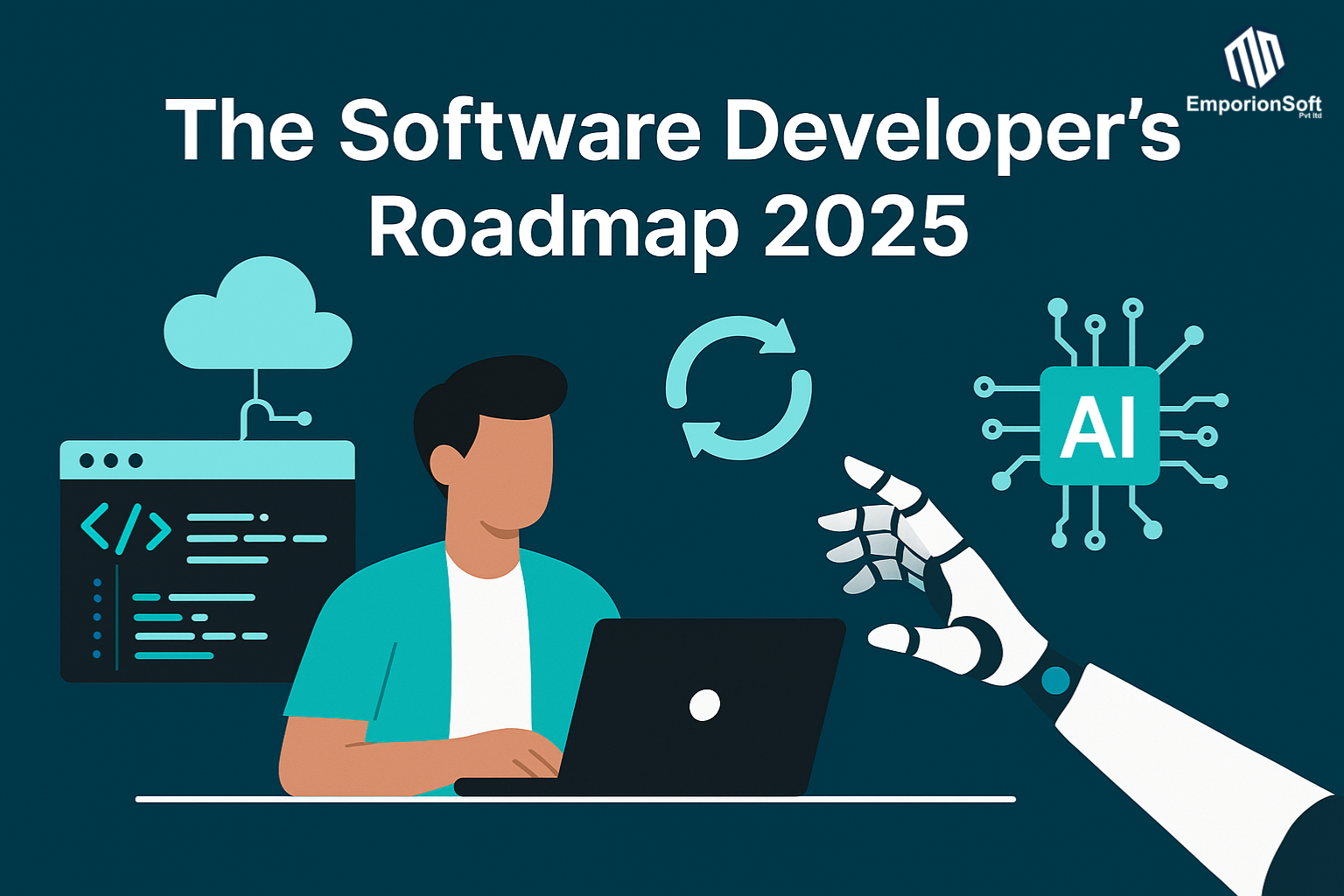
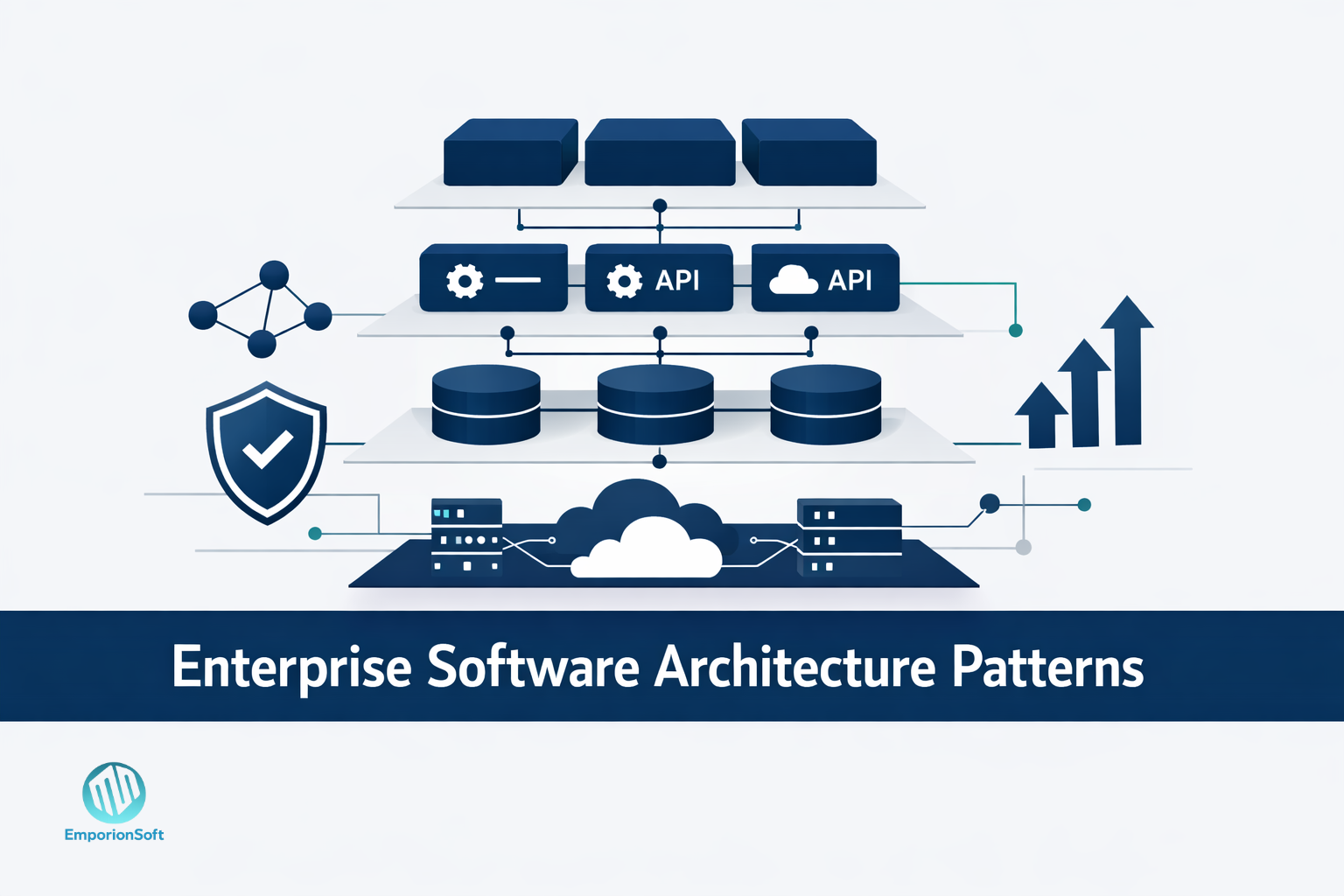
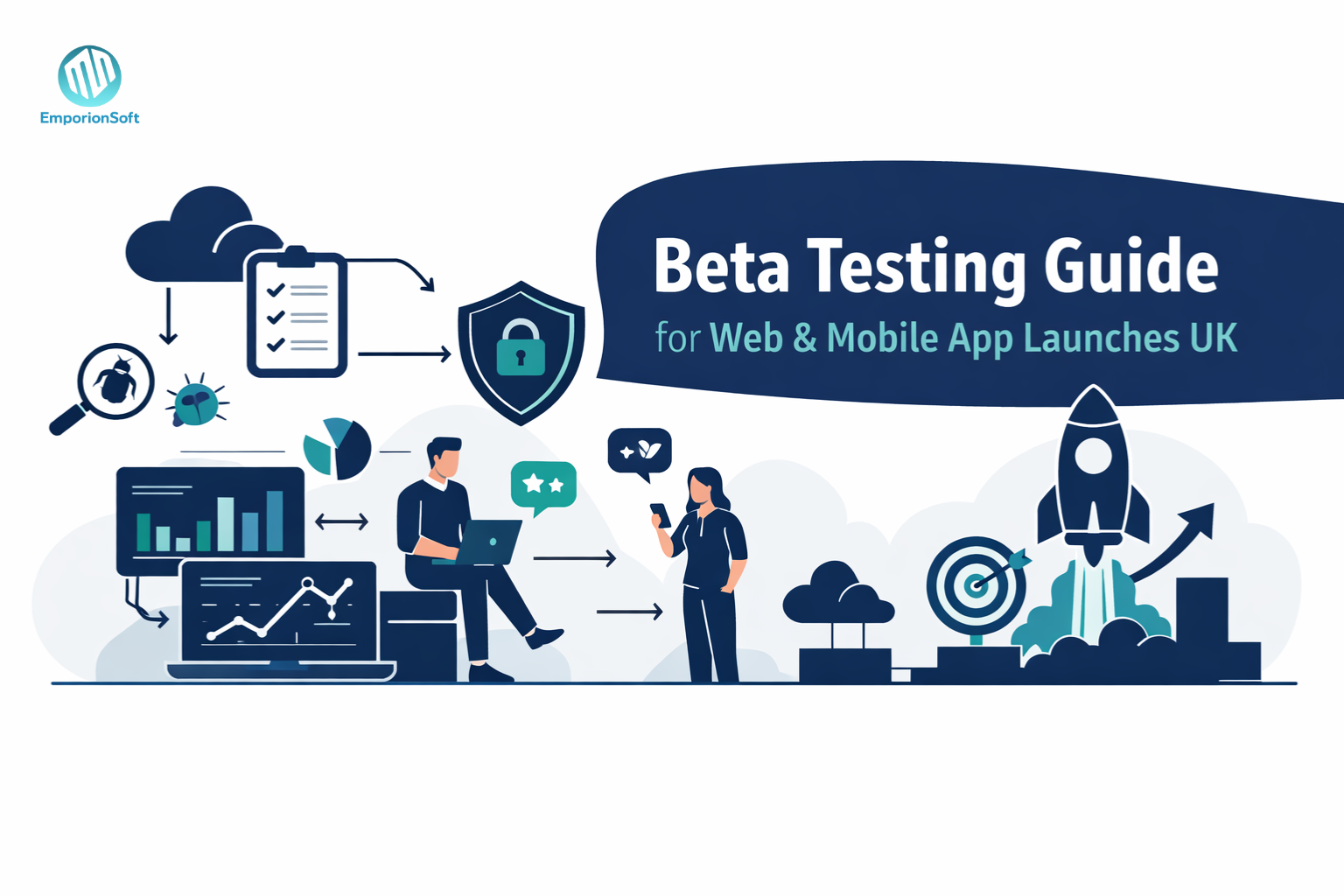
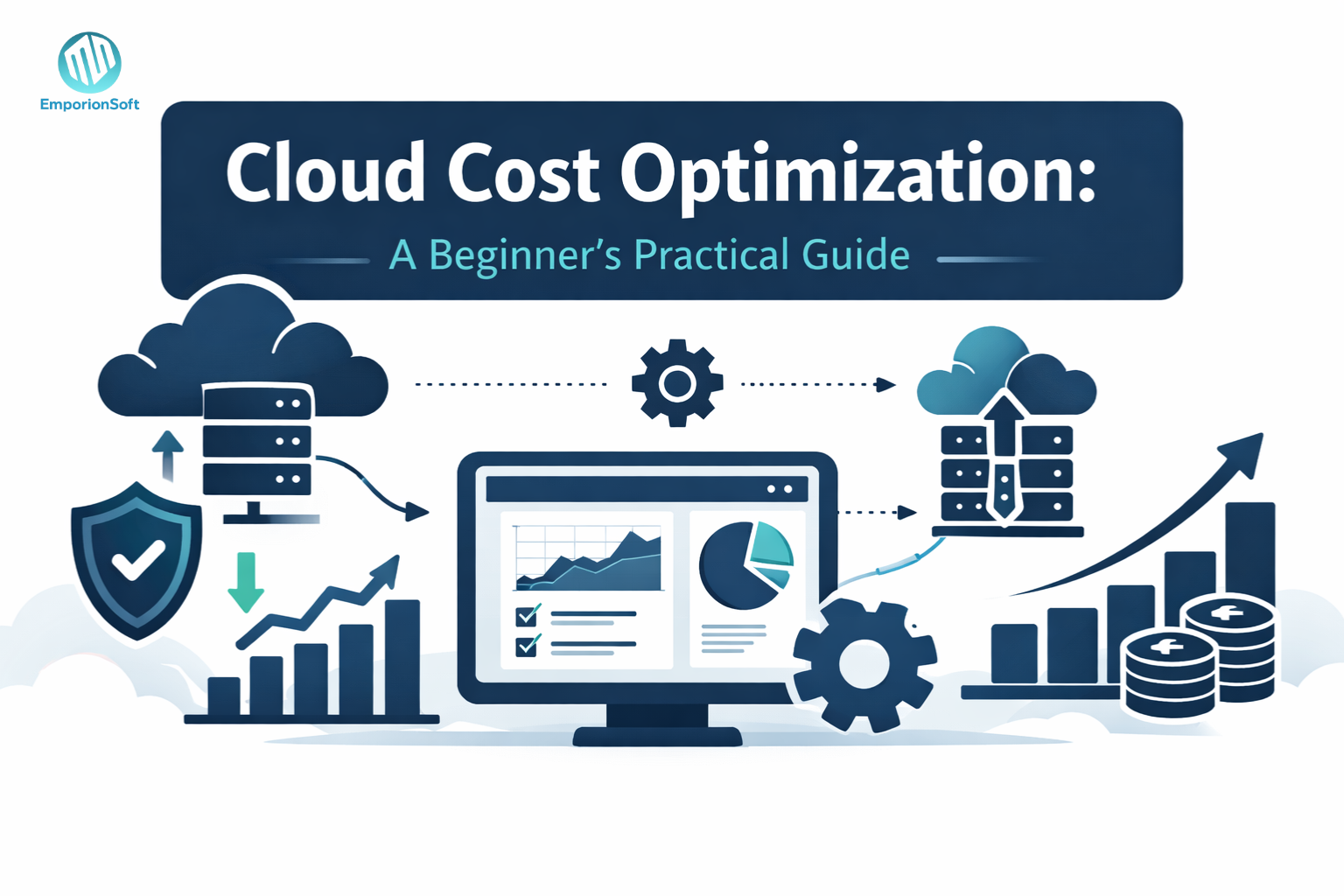


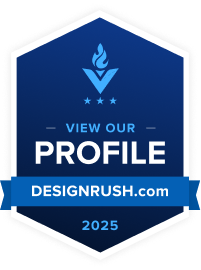


Hey! I’m at work surfing around your blog from
mmy new iphone 4! Just wanted to say I love reading your blog and look forward to all your
posts! Carry on the superb work!
Hi! I’m at woirk browsing your blog from my new iphone!
Just wanted to say I love reading through your blog aand
look forward to all your posts! Carry on the excellent work!
[…] offers further context on how structured data ownership supports analytics excellence. Similarly, The Software Developer’s Roadmap 2025 provides strategic guidance for SMEs aiming to integrate analytics responsibly within evolving tech […]